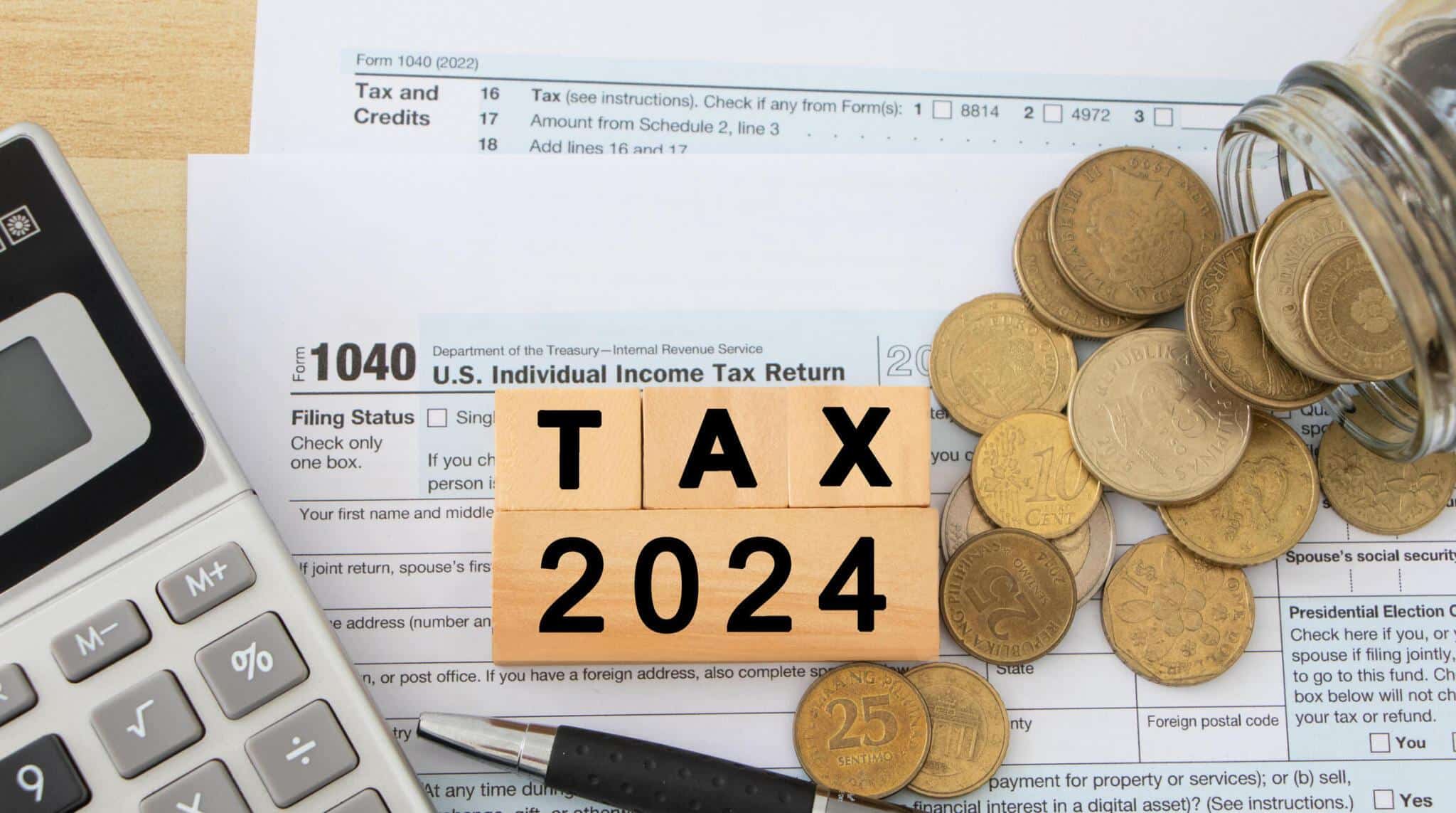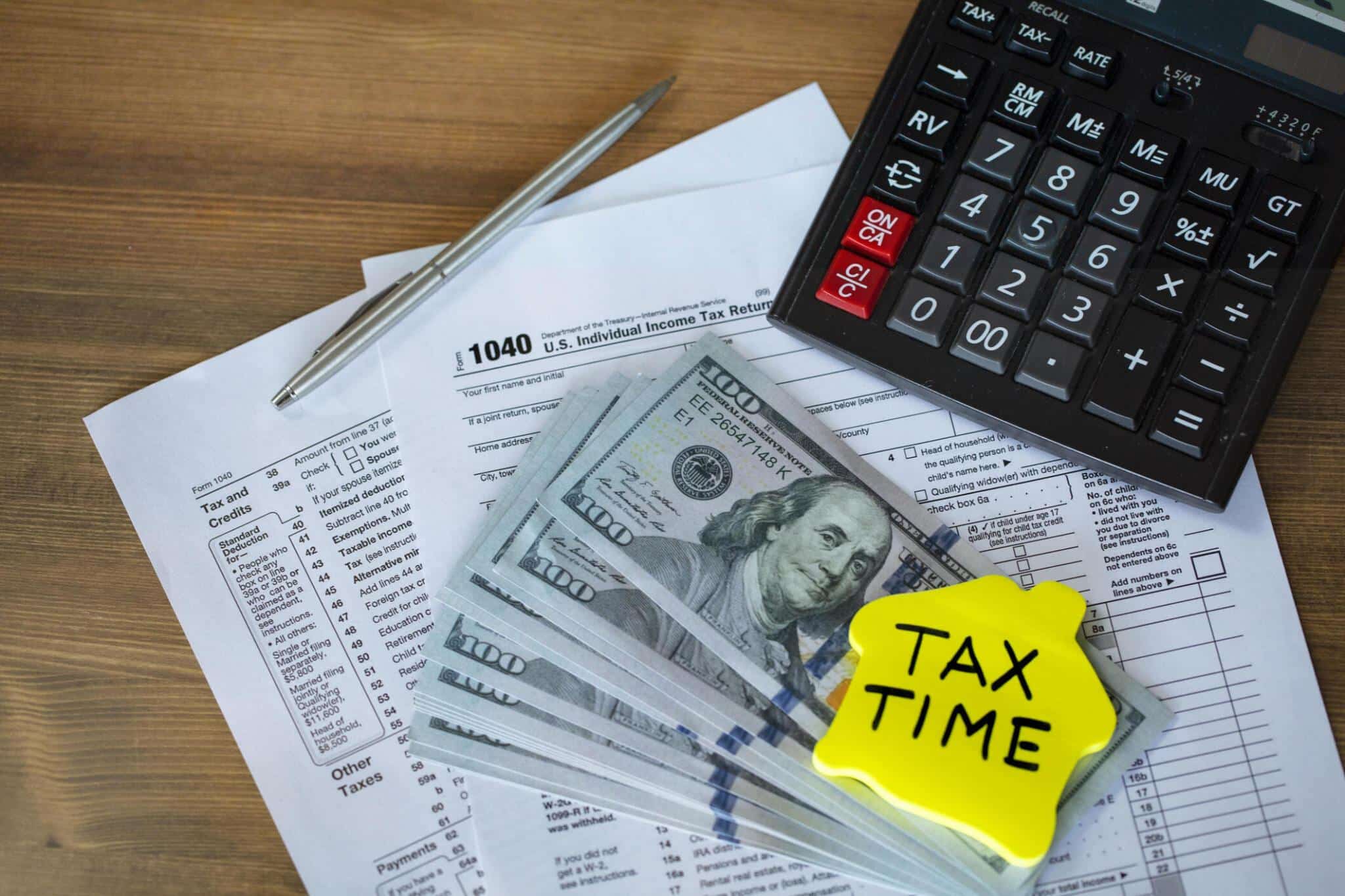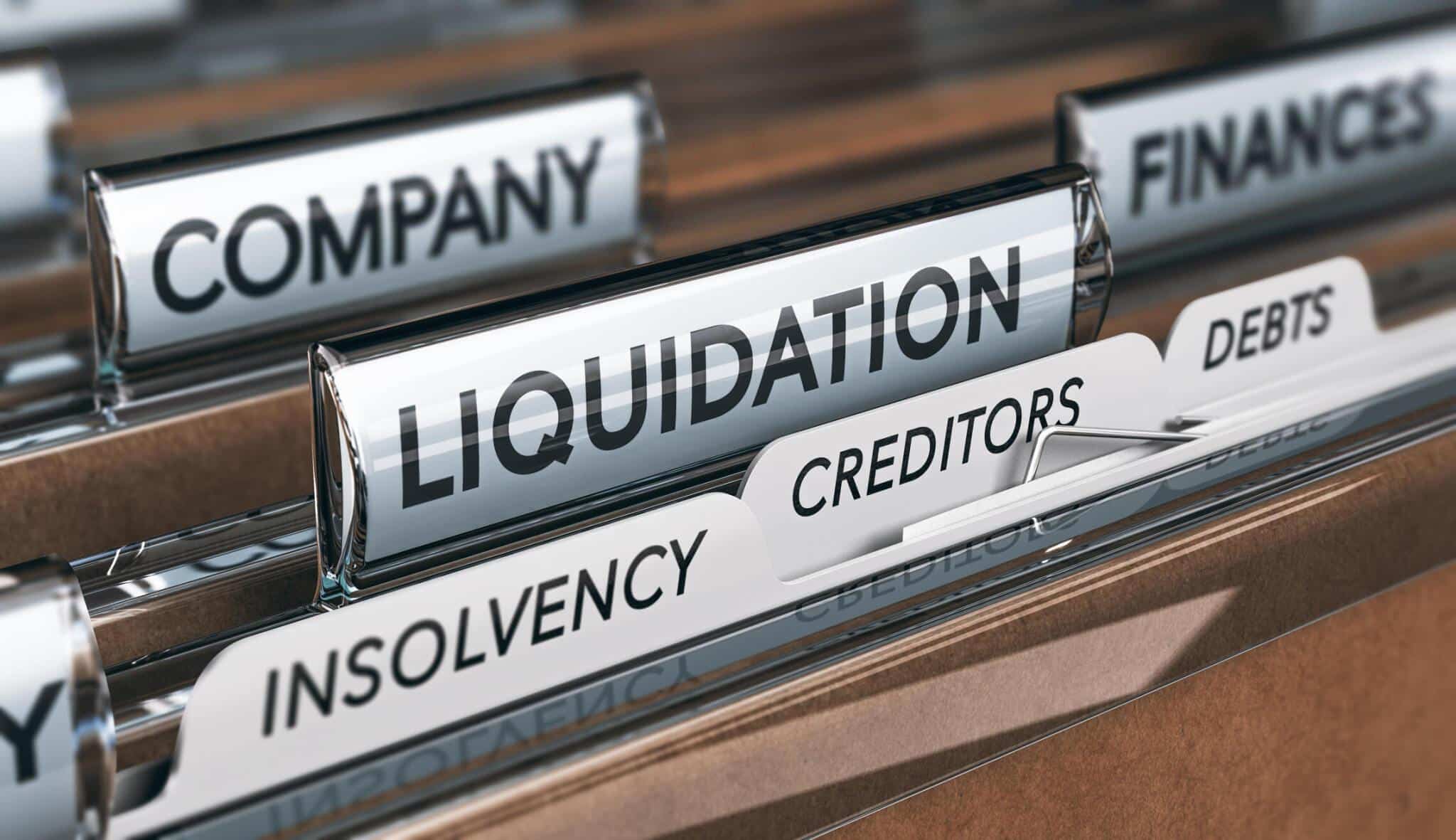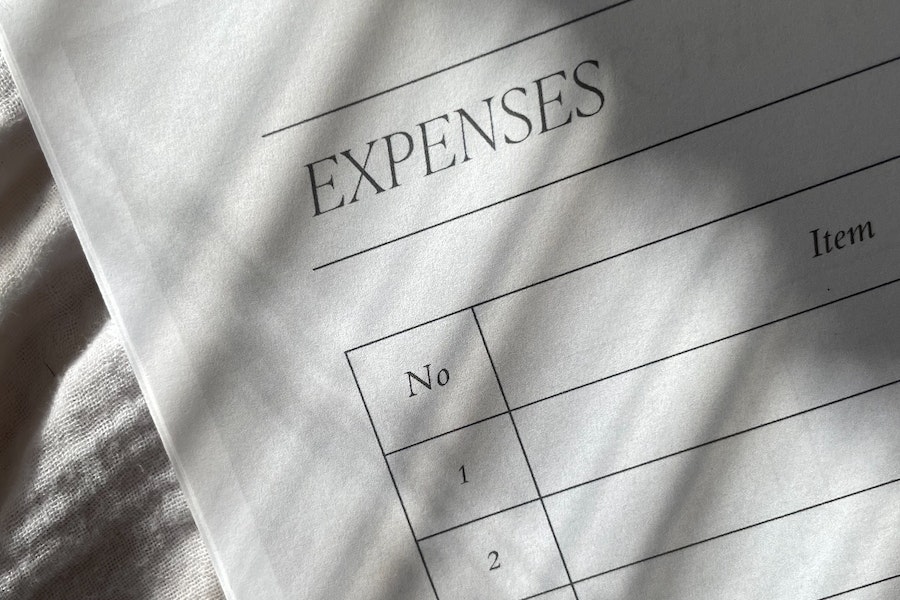You might have come across reports about the heightened attention that the Australian Tax Office (ATO) is giving to property-related expense claims from investors this year.
The web of rules and regulations surrounding claimable investment property expenses is intricate, which means it’s quite easy to inadvertently make errors.
Check out the following pointers to steer you in the right direction when you’re dealing with expenses related to your investment property, then reach out to an experienced accountant for help preparing your tax return.
Understanding investment property tax rules
- Repairs and enhancements
Not every dollar you spend as a property owner can be immediately claimed in full in your tax return.
For instance, let’s say you’re looking at the initial repairs on pre-existing damages that were present when you bought the property. You won’t be able to claim the complete cost as an upfront deduction. Instead, you might be eligible for gradual deductions over several years, factoring into your eventual capital gain or loss when the property is sold.
Navigating the terrain of improvements made to your property isn’t straightforward either. Imagine you’re renovating the bathroom. Post-construction, you can potentially claim building expenses at a rate of 2.5% annually.
Furthermore, don’t expect to claim outright on sizable detached items that exceed $300—such as replacing the entire hot water system. Such costs should be considered deductions based on declining value spread across multiple years.
Your tax accountant will be able to help you figure out how to claim expenses involved with upgrading the property so keep your receipts and be ready to share them.
- Interest on your loan
You can claim interest tied to the funds you’ve borrowed for your investment property.
However, bear in mind that only the portion of interest directly linked to your rental property is claimable. The interest on any loan money you use for personal expenditures (perhaps a portion was used for a holiday or car) is not eligible for deduction.
When discussing your loan with your accountant, give them precise details about where the loan funds were allocated. Without precise details, your accountant cannot accurately claim your interest expenses and you may end up being scrutinised by the ATO.
- Loan establishment expenses
In the case that expenses associated with initiating your investment property loan total $100 or less, you’re free to claim the entire sum on your tax return, as long as it aligns with the income year in which the expenses were incurred. However, if this figure surpasses $100, it’s necessary to distribute the deduction over five years.
Such expenses may cover aspects like establishment fees, title search charges, and costs related to the preparation and submission of mortgage documents. Notably, stamp duty costs tied to the property title, as imposed by your state or territory government, don’t fall within this category.
- Initial purchase outlays
Costs such as conveyancing fees and stamp duty are relevant when you compile your capital gains tax when you sell the property. However, they can’t be claimed as deductions in your tax return.
- Building and renovating
Certain construction costs fall under the umbrella of capital works deductions. These include:
-
- Extensions
- Alterations
- Structural enhancements
These deductions can be claimed at a rate of 2.5% of the construction cost over a span of 40 years from the project’s completion date. If you purchase your property from a previous owner who had been already claiming capital work expenses, ensure you hold onto the relevant details for your own paperwork going forward.
- Body corporate contributions
In South East Queensland, a notable tax deduction centres around payments directed to your body corporate administration fund. These disbursements are entirely deductible in the year they are expended.
However, it’s important to note that funds allocated to a specialised purpose fund specifically for significant capital enhancements or repairs can’t be immediately claimed. After the work is completed, you may be able to claim these sums but it depends on whether money goes towards a special purpose fund or a general sinking fund.
- Expenditures for personal use of the property
Deductions are only viable during periods when your investment property is generating assessable income. This means that stretches when the property is vacant or utilised for personal stays, aren’t eligible for claims.
In scenarios where the property is rented selectively throughout the year (perhaps you list it as an Airbnb but also use it as a holiday house yourself), you must keep track of when it is tenanted and when it is vacant. Your expenses should correspondingly mirror the days the property was occupied and generating income.
An essential point to remember: Leasing the property to family or acquaintances below market rates will likely be classified as personal usage.
If you do wish to claim for vacant periods, you must prove that you were actively hunting for tenants during that time.
- Record management
The ATO will expect access to comprehensive information regarding your property income and intended deductions. Maintaining well-organised documentation isn’t only practical but may also lead to potential capital gains tax advantages when you sell. The ATO also recommends that you hold onto these records for a period of five years after you sell your property.
- Capital gains
As you approach the sale of your investment property, you will end up with either a capital gain or loss.
The ATO defines this as the disparity between your investment and improvement costs versus the proceeds from the property’s sale. Notably, this calculation won’t incorporate amounts previously claimed as deductions from your rental income.
Capital gains can be incorporated within the corresponding year’s tax return, whereas losses can be carried forward and deducted from subsequent capital gains.
Getting it right
Getting your head around the ins and outs of investment property tax can be challenging, particularly given the ever-evolving rules. This year, South East Queensland landlords are under the ATO’s watchful gaze, with the ATO even having the authority to access financial institution data.
If you want to avoid being scrutinised by the ATO, it makes sense to connect with a tax professional. This expert will ensure your tax return matches your records while also showing you the maximum amounts you can claim.
Need help getting your tax return right in 2023? Contact Mobbs & Company. We operate in Brisbane, Caboolture and the Sunshine Coast.










